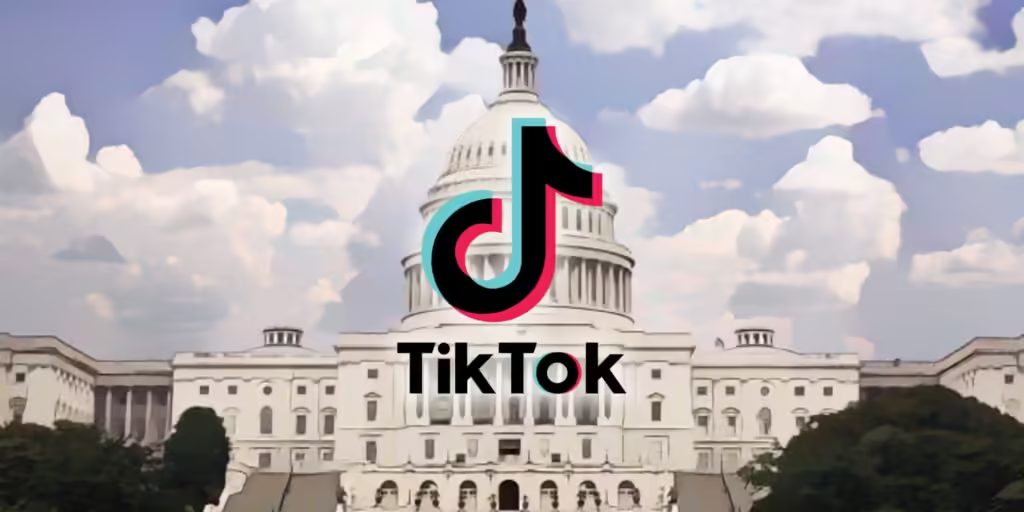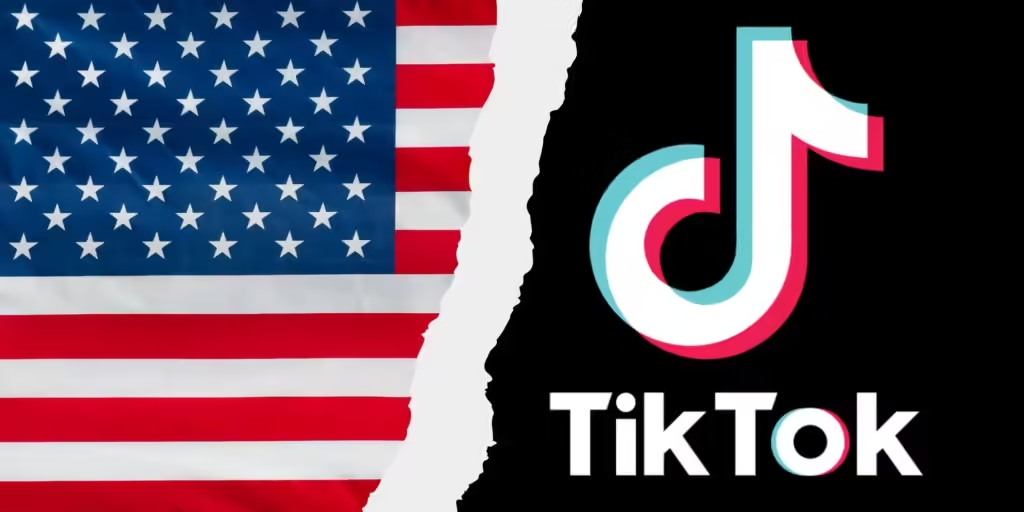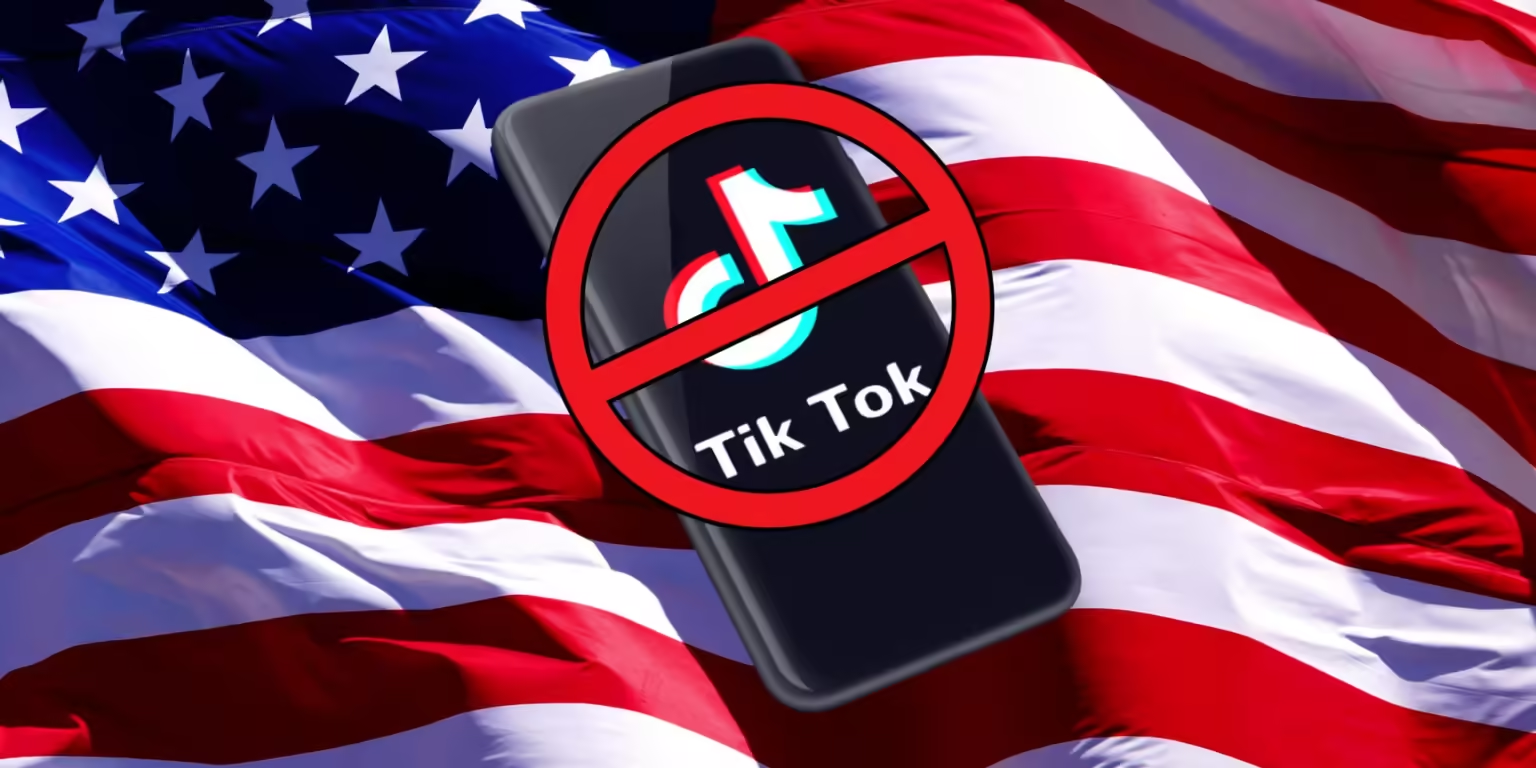The US Department of Justice (DOJ) has initiated legal action against TikTok, accusing the platform of unlawfully collecting data on millions of children. This lawsuit seeks to halt TikTok’s alleged widespread invasion of children’s privacy.
According to the DOJ, TikTok has violated the Children’s Online Privacy Protection Act (COPPA) by allowing children to create accounts without parental consent and failing to delete their information upon request. In response, a TikTok spokesperson has denied these allegations, claiming that the issues have already been addressed.
RELATED: The Truth Behind Sam Altman
TikTok faces potential fines of up to $51,744 for each COPPA violation and is currently contesting other proposed nationwide bans. The House of Representatives recently passed a bill that could ban TikTok in the United States due to its ties to the Chinese company ByteDance, further complicating its standing in the US market.
TikTok’s Legal Struggles In USA

TikTok has filed a lawsuit against the US government in a related move, arguing that Congress is unfairly targeting the company. COPPA regulations require TikTok to demonstrate that it does not target children as its primary audience.
TikTok attempts to comply by asking users for their birth dates during account creation. However, the DOJ has criticized the effectiveness of TikTok’s age verification process, noting that children can easily bypass it by entering false dates.
The DOJ alleges that TikTok intentionally collected data from these underage users and failed to delete their information, even when the users identified themselves as children. Additionally, TikTok’s “Kids Mode” feature, designed to create a safer environment for children, has been criticized for collecting persistent identifiers without parental notification, constituting another COPPA violation.
This is not the first time TikTok has faced privacy-related lawsuits. Earlier this year, 5,000 parents sued the platform, claiming its algorithm has detrimental effects on their children. The lawsuit alleged that TikTok’s algorithm acts like an addictive drug, exposing children to sexual, violent, and suicidal content.

US politicians, led by Senator Marco Rubio and Josh Hawley, have also introduced bills to ban TikTok on government devices and extend the ban to individual citizens. Last year, Montana became the first US state to ban TikTok within its jurisdiction completely.
TikTok’s highly effective algorithms are designed to keep users engaged for long periods, often leading them down a “rabbit hole” of related content. This algorithmic design risks exposing young or impressionable audiences to potentially harmful content.
Despite these legal challenges, TikTok remains popular among younger demographics and continues to innovate to maintain its user base. Recently, TikTok introduced text posts to compete with Twitter, aiming to attract users seeking alternatives to the embattled social media platform.
In response to the potential ban, a TikTok spokesperson argued that banning the platform would be akin to stifling American free speech and cultural expression. However, this lawsuit signals a critical moment for social media platforms, emphasizing the need for a stronger balance between user privacy, particularly for children, and the platform’s expansive reach.
If the DOJ succeeds, it could reshape the landscape of digital privacy, setting a benchmark for how tech companies collect and manage data. This case could catalyze industry-wide changes, ensuring more robust protections for young users and highlighting the importance of ethical data practices in the digital age.


1 Comment
Pingback: Elden Ring Update Introduces Major Unannounced Nerf